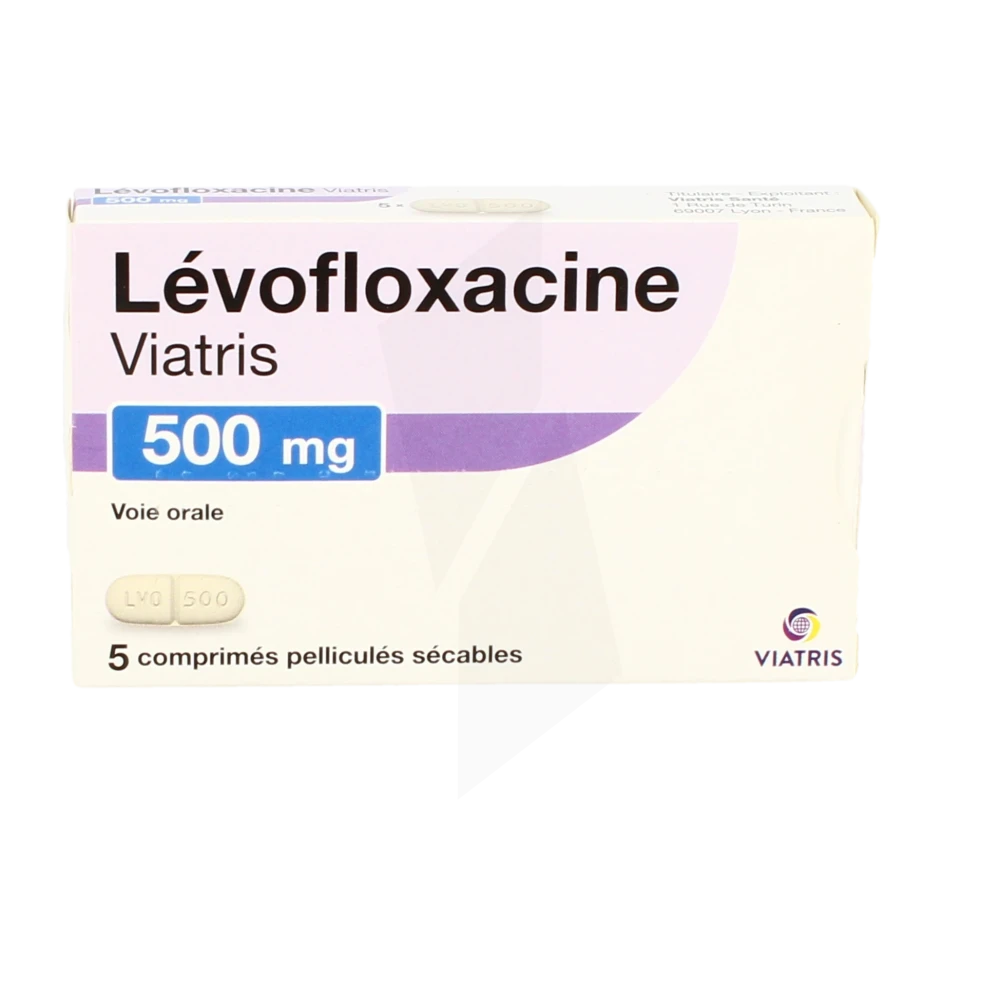Risperidone is an atypical antipsychotic frequently prescribed to treat various psychiatric disorders, such as schizophrenia and bipolar disorder. While it offers significant benefits for the mental health of patients, its use can be accompanied by undesirable side effects, which deserve particular attention. Understanding the implications of its medical prescription, as well as the specifics of the dosage and contraindications, is essential to ensure a safe and effective treatment.
Medical Prescription and Side Effects of Risperidone: What You Need to Know
Risperidone is a medication classified among atypical antipsychotics, primarily used for the treatment of various psychiatric disorders. It is indicated for the management of schizophrenia, bipolar disorders, and aggression in children and adults. Its prescription requires a careful evaluation of the patient’s needs and potential risks, as this medication can lead to notable side effects.
Clinical Uses of Risperidone
Risperidone is primarily prescribed to treat specific diseases. It is commonly used in the context of schizophrenia to alleviate psychotic symptoms such as hallucinations and delusions. Its effectiveness also extends to individuals suffering from bipolar disorders, helping to stabilize manic and depressive episodes. Additionally, it is sometimes administered to children with severe behavioral disorders, but its use must be carefully monitored.
Regarding dosage, the initial dose and adjustments depend on the severity of symptoms and the individual patient’s response to treatment. It is essential that the prescription is tailored to each situation in order to ensure maximum efficacy while minimizing risks.
Potential Side Effects of Risperidone
Like any medication, risperidone can lead to side effects that vary from person to person. Some adverse effects are more common than others. Among the common effects are drowsiness, weight gain, and dizziness. Patients may also experience headaches, gastrointestinal disturbances, and an increased appetite.
It is important to note that some side effects may be more pronounced in children and adolescents. These individuals may experience fatigue, vomiting, headaches, or nasal congestion. Regular monitoring is therefore recommended for this population.
Furthermore, risperidone can induce more severe effects, including involuntary movements (extrapyramidal symptoms), as well as neuroleptic malignant syndrome, which is very rare but potentially fatal. Patients should be informed of these possibilities and encouraged to report any unusual symptoms to their doctor.
Drug Interactions and Precautions
When prescribing risperidone, it is crucial to consider drug interactions. Some medications can exacerbate the effects of risperidone, such as antidepressants (like paroxetine and fluoxetine) or beta-blockers. Grapefruit juice is also known to interact negatively with several medications, but its impact on risperidone is less documented. Therefore, it is advisable to avoid its consumption while undergoing treatment with risperidone. For more information about medications sensitive to grapefruit, you may consult medical resources such as Vidal.
Due to associated risks, risperidone should be used with caution in patients with a medical history of cardiac disorders, diabetes, or metabolic disorders. Before initiating treatment, a comprehensive examination and detailed medical history are essential to limit the risks of serious adverse effects.
For more precise information about risperidone, its effects, and drug interactions, resources such as Passeport Santé or the ANSM can be consulted. These platforms also provide updates on therapeutic recommendations and relevant health alerts.
FAQ on Medical Prescription and Side Effects of Risperidone
A : Risperidone is an atypical antipsychotic used to treat psychiatric disorders such as schizophrenia and bipolar disorder.
Q : What are the common side effects of risperidone?
A : Common side effects include drowsiness, weight gain, headaches, and gastrointestinal disturbances.
Q : Who can prescribe risperidone?
A : Risperidone is typically prescribed by psychiatrists and requires a medical prescription.
Q : Are there any contraindications for risperidone?
A : Yes, risperidone should not be used in patients with a history of allergic reaction to this medication or suffering from certain specific medical conditions.
Q : Can risperidone interact with other medications?
A : Yes, some medications such as beta-blockers and some antidepressants can amplify the effects of risperidone.
Q : What is the recommended dosage of risperidone?
A : The dosage depends on the individual needs of the patient and should be determined by a healthcare professional, typically starting with a low dose that can be adjusted later.
Q : What should you do in case of undesirable side effects?
A : It is essential to report any undesirable side effects to your doctor so that he can adjust the treatment if necessary.












